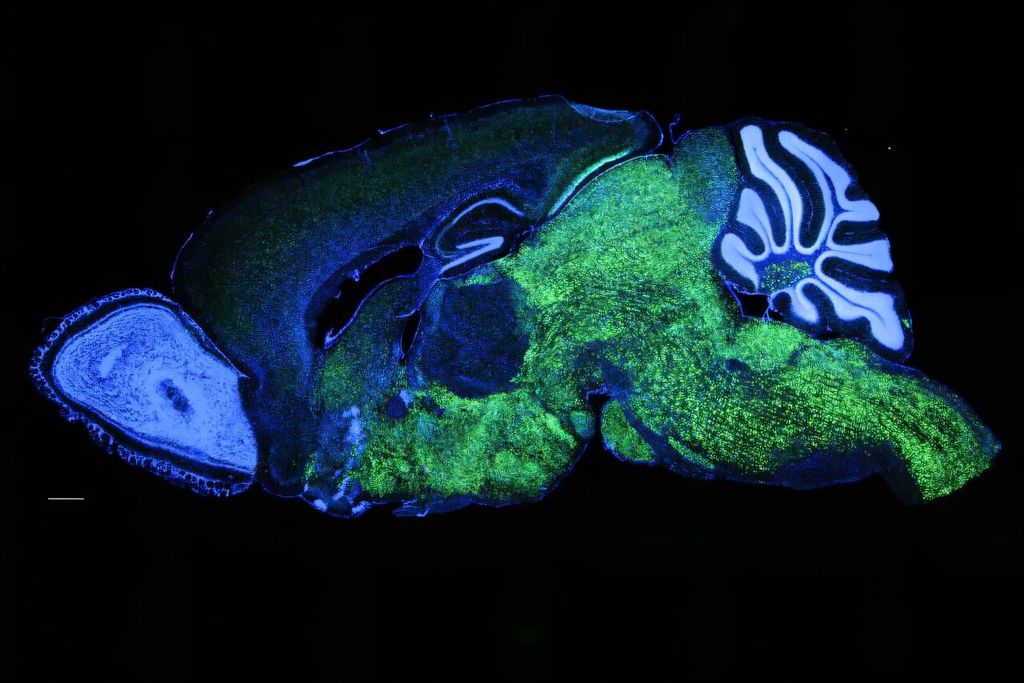How humans developed the ability to speak has been a mystery to scientists for a very long time, especially because it doesn't leave behind physical evidence like fossils. A new study found a gene called NOVA1 changed a significant amount in humans somewhere around 250,000 and 500,000 years ago. NOVA1 might have played a role in helping early humans speak in more advanced ways. In a study, scientists inserted the human version of NOVA1 gene into mice, which resulted in the mice making more complex sounds, especially during mating calls. Dr. Darnell discovered that the human version of NOVA1 influenced the production of over 200 proteins in mouse brains, many of which are linked to how animals produce sounds. This points to NOVA1 potentially affecting the brain's control over speech-related behaviors. Dr. Jarvis and Dr. Darnell explain that NOVA1 is most likely just one of many genes involved in language development. The evolution of the gene became common in humans after we split from Neanderthals and Denisovans. Their research, along with studies on the FOXP2 gene, gives us new clues about how language might have evolved.
I chose this article because language is such a fundamental part of what makes us human, yet I never really thought about how it might have developed through genetics and evolved over time. It's fascinating how much the NOVA1 gene may have contributed to our ability to produce more complex sounds. I thought the study done using mice was especially interesting and informative because it demonstrated the impact the human version of NOVA1 has on brain function and sound production. When I found out that the mating calls became more complex with the introduction of the gene, I was honestly speechless. The study was a creative and effective way to connect genetics to speech-related behaviors, and it not only helped scientists better understand how language evolved but also made the topic more engaging and meaningful for me as a student.

No comments:
Post a Comment